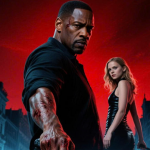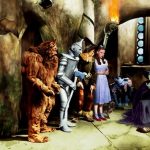Taxi Driver (1976)
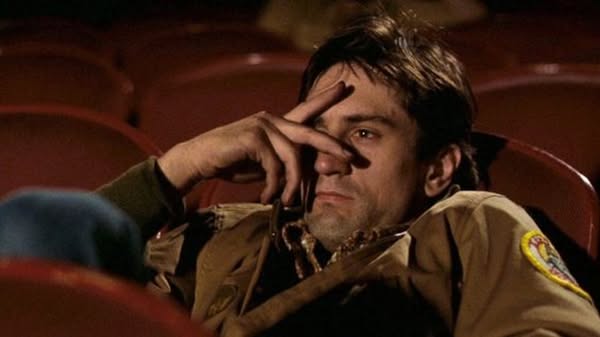
Taxi Driver, directed by Martin Scorsese and released in 1976, is a seminal film that has left an indelible mark on cinema history. This psychological thriller follows Travis Bickle, portrayed by Robert De Niro, a mentally unstable Vietnam War veteran who becomes a taxi driver in New York City. The film explores themes of alienation, violence, and the search for meaning in a chaotic urban environment.
Set against the backdrop of a gritty, post-Vietnam America, the narrative delves into Travis’s descent into isolation and despair. As he navigates the seedy underbelly of the city, his disillusionment grows, leading him to take drastic actions in an attempt to cleanse the society he perceives as morally corrupt. The iconic line, “You talking to me?” encapsulates Travis’s profound loneliness and his struggle for identity amidst the chaos.
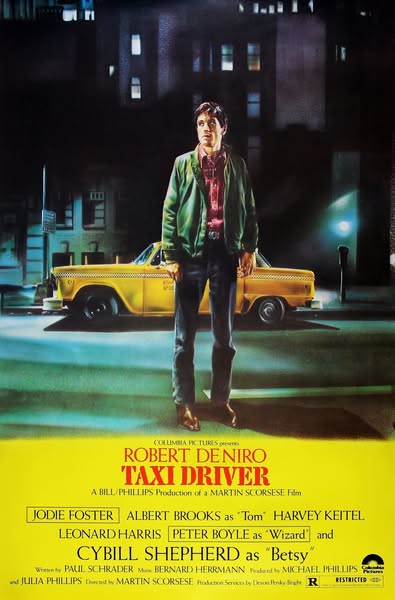
Scorsese’s direction is masterful, employing a mix of visual style and haunting score by Bernard Herrmann to create an atmosphere of tension and unease. The cinematography captures the stark contrast between the vibrant nightlife of the city and the darkness of Travis’s psyche, effectively immersing viewers in his troubled world.
De Niro’s performance is a tour de force, embodying the character’s internal conflict and emotional turmoil with intensity and nuance. The film also features memorable supporting performances, including Jodie Foster as Iris, a young prostitute who becomes a symbol of innocence amid corruption.
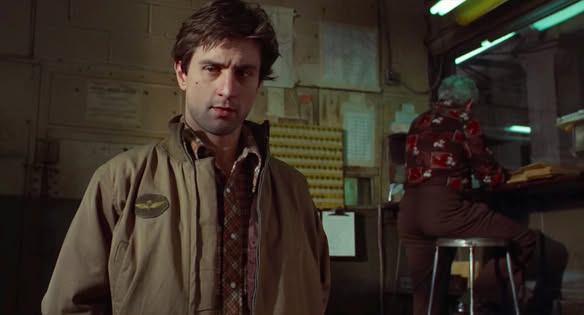
Taxi Driver raises complex questions about violence and morality, reflecting the disillusionment of a generation. Its exploration of a troubled mind and societal decay resonates deeply, making it a poignant commentary on American culture.

In summary, Taxi Driver is a groundbreaking film that combines stunning direction, powerful performances, and a thought-provoking narrative. Its exploration of alienation and moral ambiguity continues to influence filmmakers and captivate audiences, solidifying its status as a classic in American cinema.

